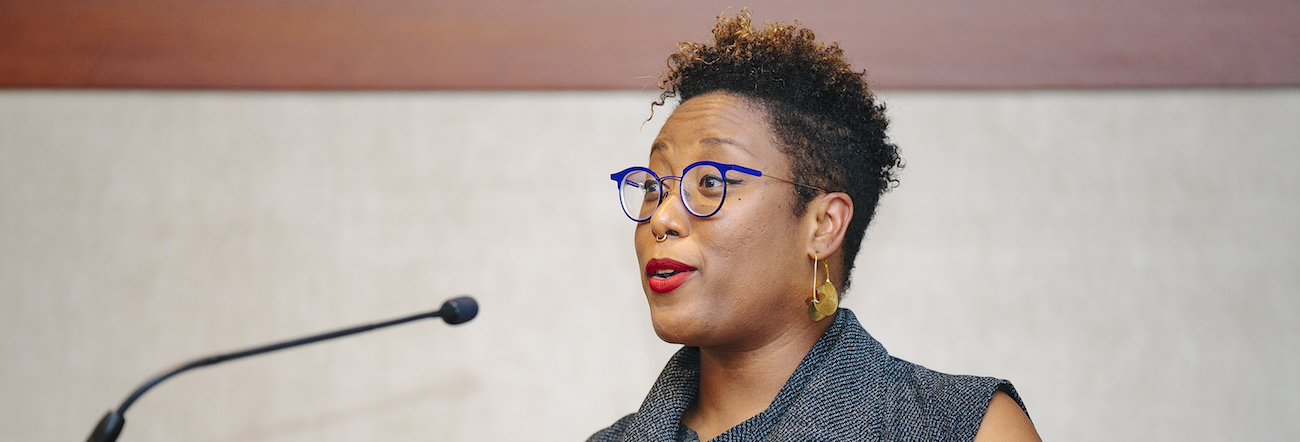Projects
PLAAY
Preventing Long-term Anger and Aggression in Youth (PLAAY), an intervention program developed for youth and caregivers, aims to teach strategies for managing stress during intense face-to-face conflicts so that youth can perform better in their classrooms and communities.
EMBRace: Engaging, Managing, and Bonding through Race
EMBRace, or Engaging, Managing, and Bonding through Race, is a 4-session intervention designed to reduce racial stress and trauma for both parent and youth using racial socialization and literacy, psychoeducational, and therapeutic strategies. Families will be introduced to cultural socialization, preparation for bias, promotion of distrust, and racial silence/egalitarianism lessons. Parents and adolescents will begin in separate therapeutic sessions to process their racial narratives, stressors, traumas, and joys. They will then meet as a family to practice together to enhance the use of racial literacy coping strategies with face-to-face racial hostility.
SHAPE-Up
Shape Up: Barbers Building Better Brothers is an NIH-sponsored research project that randomly assigned 678 African American men into two intervention conditions. One intervention focused on HIV/STI risk reduction and the other on Violence Retaliation Restraint risk reduction. It was a two-day, one-on-one, age-appropriate, culturally tailored, gender-specific intervention for African American young men ages 18 – 24 delivered by barbers in barbershop settings while they were cutting their client’s hair. The primary goals of the intervention are to increase consistent and proper condom use, reduce the number of multiple sexual partners, increase retaliation restraint behaviors, and reduce violent behaviors. The intervention consists of two sessions that are delivered over the course of two days, with sessions one and two occurring exactly two weeks apart. Designed to be educational but entertaining, each session incorporates the theme of “Be a Man,” which instills a sense of responsibility in the male participant to protect themselves, their families, sexual partners, and communities.
Compared to a control group targeting sexual risk reduction, the retaliation reduction intervention successfully reduced violence behavior up to 3 months postintervention, through mediated mechanisms of reducing hypermasculinity beliefs and increasing Black manhood vulnerability beliefs. This study supports research on how culturally responsive theory-based interventions can increase the likelihood of positive health outcomes in communities of color.
VRU
The Villages Raising Us Initiative (VRU) uses a racial literacy model within the community partnership research model to develop and deliver trauma recovery for a diversity of leaders in local communities. Those leaders include faith leaders, Black barbers and barbershop owners, or basketball coaches and the families, congregants, and children they serve. The faith leaders targeted were those who work in the emergency room of the Hospital of the University of Pennsylvania and provide services to random families who have experienced fatal and near-fatal gunshot violence. The barbershop version of VRU has been applied in several cities (Memphis and Philadelphia) around the country and retitled, "Oleheads Schoolin' Youngboys Schoolin' Oleheads". The basic expectations of VRU are that leaders, parents, and youth groups separately at first practice the racial literacy strategies of storytelling, journaling, debate, and role-playing racial, gender, faith, and life rejections. Throughout the 10-week intervention program, participants are expected to use racial mindfulness and anxiety reduction as they share stories of trauma and coping.
A key goal of VRU is to increase emotional bonding one relationship at a time for the building of stronger committed networks. A key mantra of the project is "We know it takes a village to raise a child, but what does it take to raise a village?"
Can We Talk
Can We Talk (CWT) is a school-based intervention to teach Black middle and high schoolers to identify and negotiate racial conflicts in schools and classrooms by increasing their Black history knowledge, racial stress management, and racial assertiveness skills. We use storytelling, journaling, relaxation, debating, and role-playing racial conflicts and their stressfulness as the methods to increase these skills. Stress management was a key pillar of the CWT intervention, as students were asked to identify their feelings about racial conflicts (historical or contemporary), and the effects on their bodies, and to use relaxation and breathing to relax those stressed-out bodily effects. The assertiveness training involves having students respond differently in racially insulting conflicts they’ve experienced and practicing racial comebacks that (1) were not over- or under-reactions; (2) demonstrate they understood the racial tension in the conflict; (3) would not risk school expulsion; and (4) empowered them to defend their dignity from insult.


